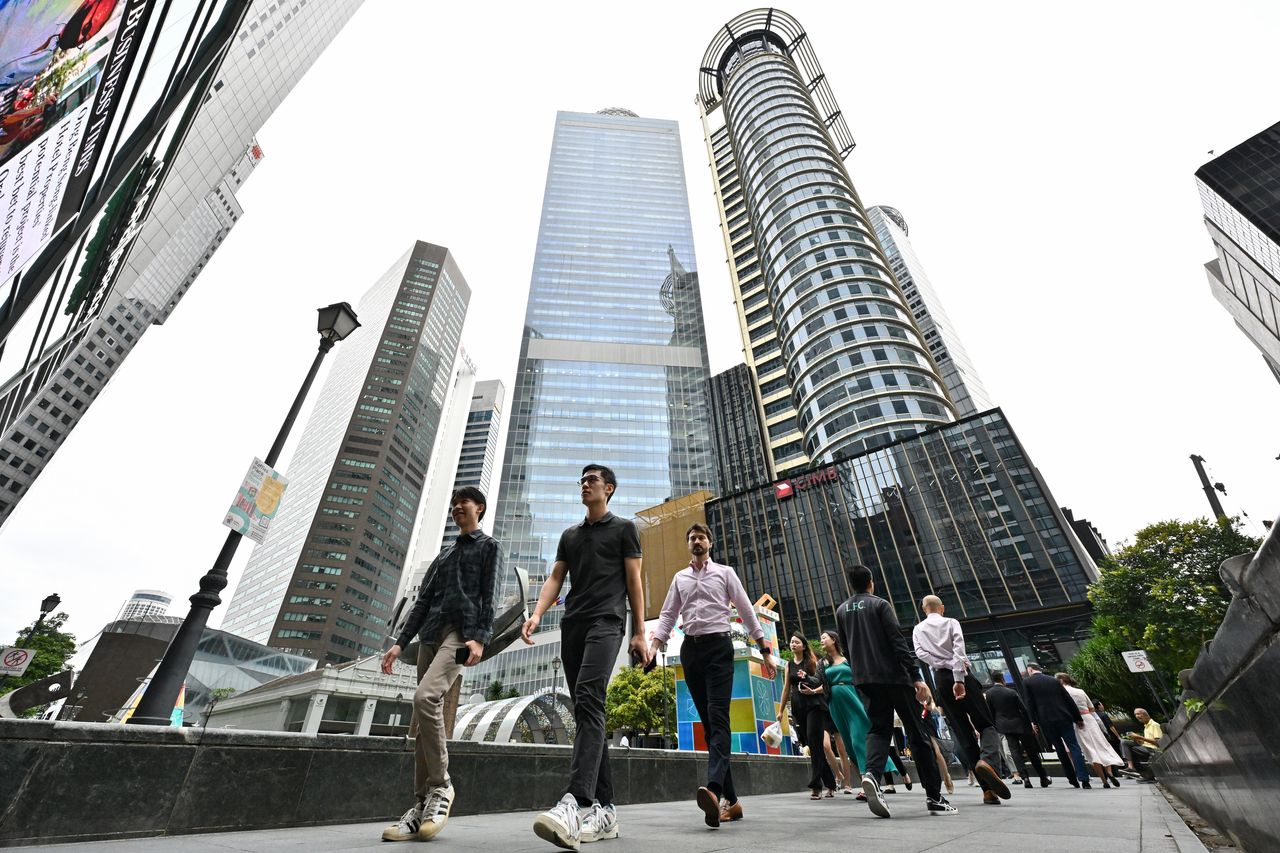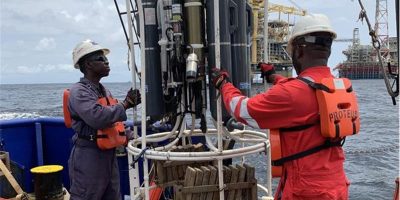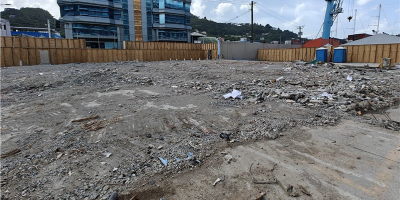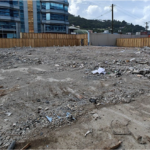SUGGESTIONS to expand Singapore’s new workplace fairness law may not be adopted “at this particular point in time”, but can be considered in later reviews, said Minister for Manpower Tan See Leng on Wednesday (Jan 8).
“We have only just begun,” he said, while closing the second day of debate on the Workplace Fairness Bill, which was then passed in Parliament. “We can always do a lot more, but we cannot let perfection be the enemy of progress.”
Members of Parliament on both sides of the House had supported the Bill, but wanted its protections to be extended to more groups, such as platform workers and LGBT employees.
The new law prohibits adverse employment decisions based on five categories of characteristics: age; nationality; sex, marital status, pregnancy and caregiving responsibilities; race, religion and language; and disability and mental health condition.
Dr Tan declined MPs’ suggestions for expansion, but added: “Just because we cannot agree at this point in time does not mean that it is a ‘no’.”
There are plans to review the law constantly, he said. Five years after its planned implementation in 2026 or 2027, the current exemption of firms with under 25 employees will be reviewed.
BT in your inbox

Start and end each day with the latest news stories and analyses delivered straight to your inbox.
But a review timeline has not been decided for adding protected characteristics.
Characteristics left out
In its current form, the law covers 95 per cent of the discrimination complaints received by the Tripartite Alliance for Fair and Progressive Employment Practices (Tafep). The complaints not being considered now involve factors such as physical attributes, medical conditions and criminal records.
Starting with the initial categories will let Singapore build expertise in managing cases under the law, noted Dr Tan.
Other characteristics are still protected under the Tripartite Guidelines on Fair Employment Practices (TGFEP) – including sexual orientation and gender identity.
He was replying to MPs who called for these to be covered by the new law. Their current exclusion may give the impression that such discrimination will be treated lightly, said People’s Action Party (PAP) MP Louis Ng.
While Tafep may not have received many such formal complaints, this could be due to under-reporting, he added.
Dr Tan replied that no form of workplace discrimination, including towards LGBT individuals, will be tolerated.
As for MPs’ points that the new law does not protect outsourced workers and platform workers, Dr Tan said that the TGFEP will be updated to clarify that platform operators and corporate service buyers should not discriminate based on non-job-related characteristics.
Multiple MPs also suggested legislating the need to provide reasonable accommodations for people with disabilities, beyond the tripartite advisory that is in the works.
PAP MP Chong Kee Hiong said that an advisory might imply that such provisions are optional, “when in fact, they are necessary and indispensable means for people with disabilities to perform daily tasks”.
But such provisions are heavily litigated in other countries, Dr Tan said. Singapore is thus taking an education-first approach, aiming to make the concept of reasonable accommodations mainstream.
The government will support employers to implement such accommodations, such as through grants for job redesign and workplace modifications, he added.
Exemption details
As the new law allows flexibility in hiring where there are “genuine requirements” related to protected characteristics, MPs sought clarity on this. The manpower minister said that the government will publish guidelines with examples.
As for why the law does not ban indirect discrimination, Dr Tan noted that this is a grey area, but added that the courts may still find that a particular job requirement amounts to discrimination under a protected characteristic.
MP Wan Rizal worried that retaliation by firms – something that is now banned under the law – may be subtle and hard to guard against. To this, Dr Tan said that is why the law prohibits “any act that is detrimental to the complainant”.
Tripartite player Singapore National Employers Federation said in a media statement that it will continue to put out resources, including guidelines and advisory services, to help employers understand their obligations and rights under the new law.
It will also continue tripartite work on the second Bill in the Workplace Fairness Legislation covering how workplace discrimination employment claims could be made, to ensure that the practical concerns of employers are “duly considered”.
















